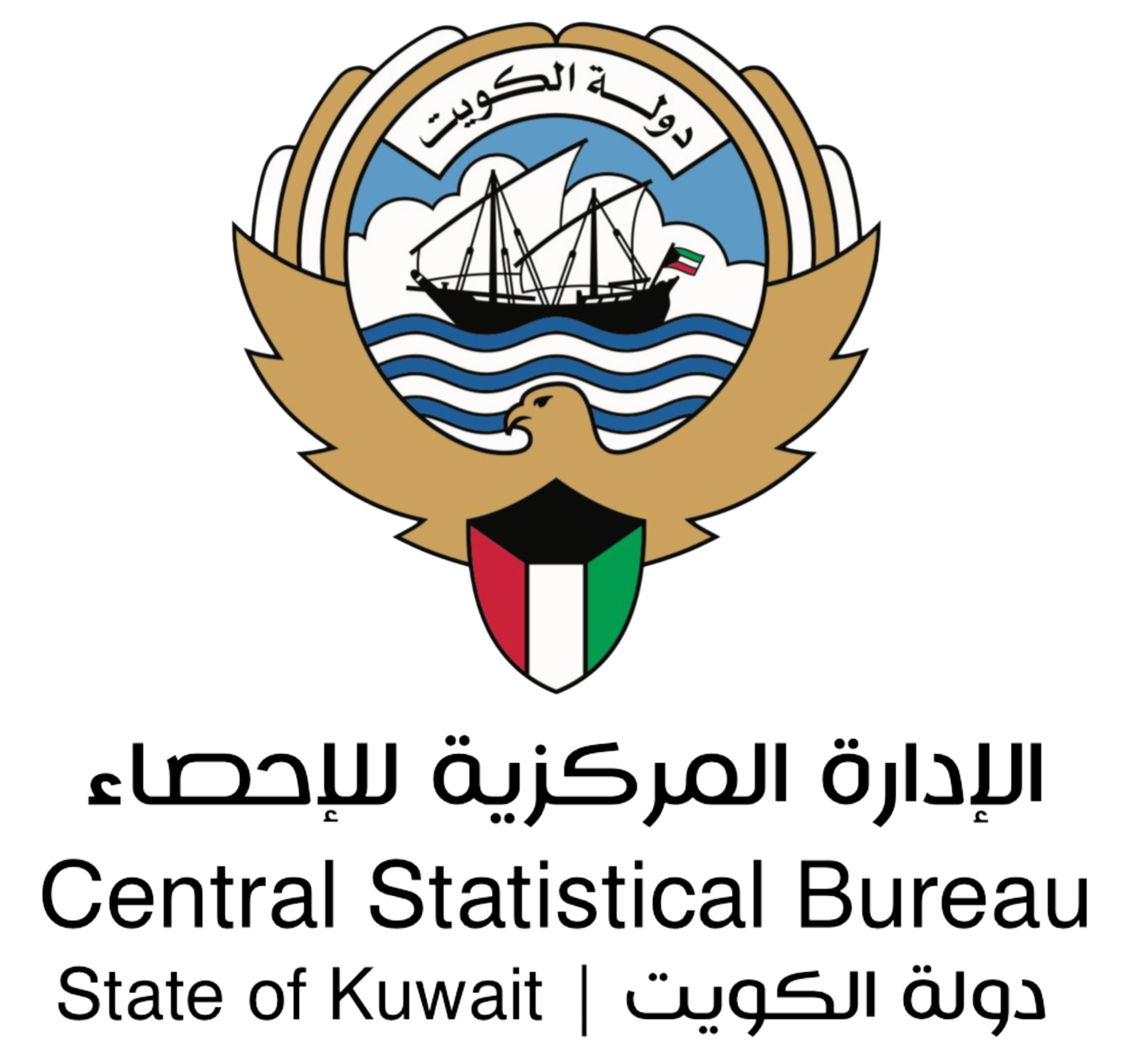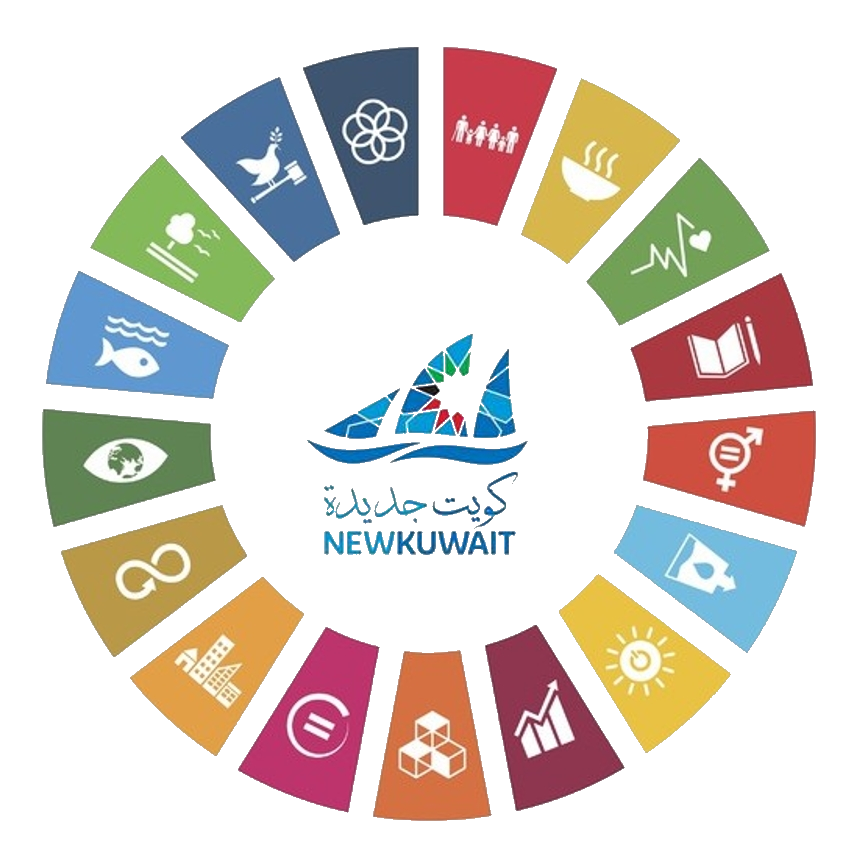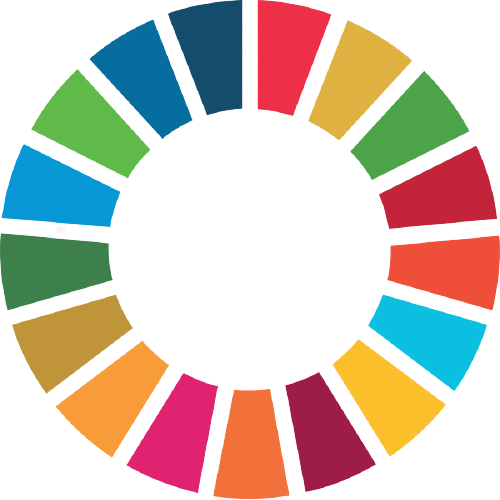 Goal 10:Reduce inequality within and among countries
Goal 10:Reduce inequality within and among countries
Number of Target
Indicators Total
Number of Applicable Indicators in Kuwait
The international community has made great strides towards lifting people out of poverty. The most vulnerable countries - least developed countries, landlocked developing countries and small island developing states - are still making their way towards poverty reduction. However, the disparity continues, as there are wide disparities in access to health and education services and other productive assets. Moreover, although there may be a reduction in income inequality between countries, inequality within countries is on the rise. There is a growing consensus that economic growth is not sufficient to reduce poverty if that growth is not inclusive and does not include the three dimensions of sustainable development, namely the economic, social and environmental dimensions. In order to reduce inequality, comprehensive policies were recommended in principle, while paying attention to the needs of vulnerable and marginalized population groups.


 Goal Targets
Goal Targets